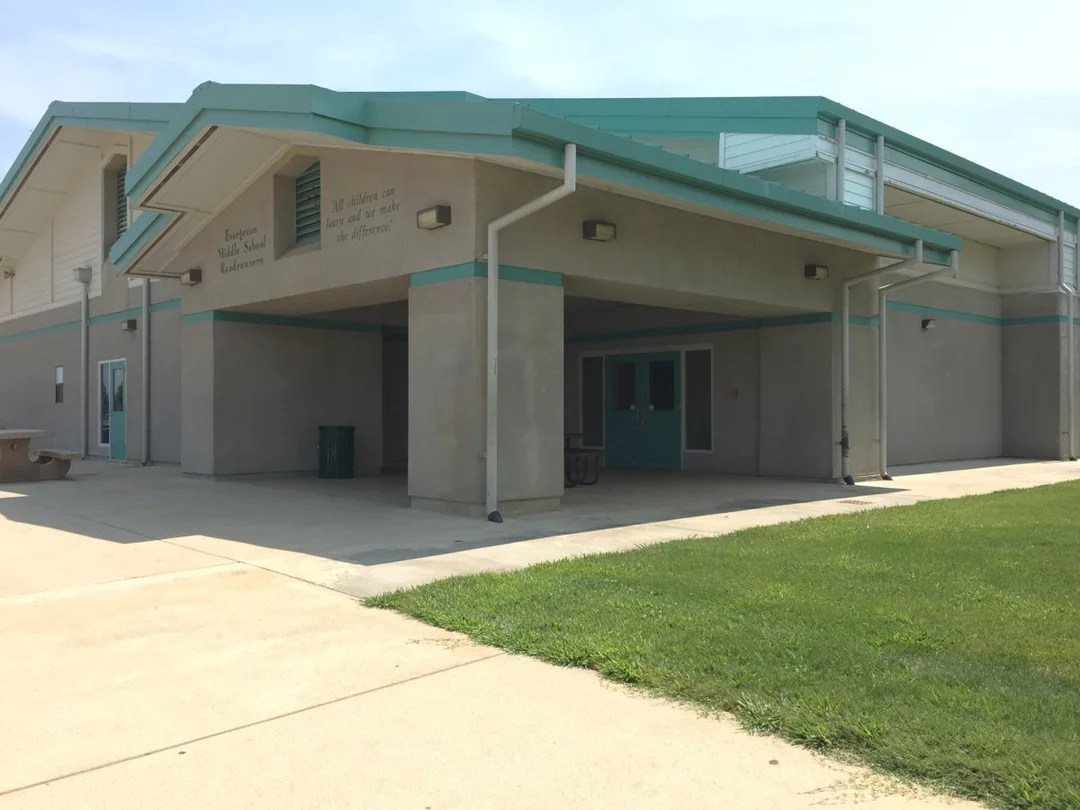
Could a Gamer’s Whisper Prevent a School Nightmare?
In a digital world where online chats often seem harmless, a Tennessee teenager's vigilant action may have averted a catastrophic school shooting in Northern California's Tehama County. This incident highlights the power of quick reporting in an era of potential online threats, underscoring how everyday interactions can save lives and disrupt planned violence.
The story unfolds around two teenagers, aged 14 and 15, who allegedly conspired to carry out a mass attack at Evergreen Middle School in Cottonwood. According to Tehama County Sheriff Dave Kain, the duo had meticulously planned to kill over 100 people using improvised explosive devices and firearms. They even drew inspiration from the 1999 Columbine shooting, posing in photos to mimic the perpetrators and drafting a manifesto to detail their intentions. One suspect mentioned being bullied as a possible motive, though the full reasons remain under investigation.

What makes this case remarkable is the role of an anonymous teenage gamer from Tennessee. During an online gaming session on May 9, the boy overheard disturbing discussions about the attack in the chat. Without hesitation, he alerted the Tehama County Sheriff's Office, providing crucial details like the suspects' gamer tags, chat transcripts, and a shared photo of the teens imitating the Columbine shooters. Sheriff Kain praised the young man's courage, stating, "This young hero had the courage and heroic instincts to call our agency and notify us in order to mitigate any possible threat to our citizens and, particularly, our young people." This prompt tip allowed investigators to act swiftly, executing search warrants at the suspects' homes on May 11 and seizing weapons and explosive devices.
The investigation revealed that the attack was initially set for May 9 but was aborted when one suspect backed out. The teens faced charges including criminal threats, possession and manufacturing of destructive devices, and conspiracy to commit a felony, with potential additional charges for conspiracy to commit mass murder. Sheriff Kain emphasized the seriousness of the plot, noting, "It would have changed our community as a whole." This event not only showcases the dark side of online spaces but also serves as a stark reminder of how digital vigilance can intersect with real-world safety, especially in the context of rising school violence concerns across the U.S.

Comparisons to past tragedies like Columbine highlight the evolving nature of such threats, where social media and gaming platforms amplify planning and coordination. Yet, this case offers a beacon of hope, demonstrating that individual actions can dismantle elaborate schemes. Authorities worked with the FBI for digital forensics, ensuring no wider network was involved, and school officials implemented enhanced security measures.
In conclusion, this incident reinforces the critical message of "if you see something, say something," showing how a single act of bravery can prevent immense tragedy. It raises questions about online safety and community responsibility in a connected world. What do you think—should more be done to monitor gaming chats? Share your thoughts in the comments below and help spark a conversation on protecting our schools and youth.